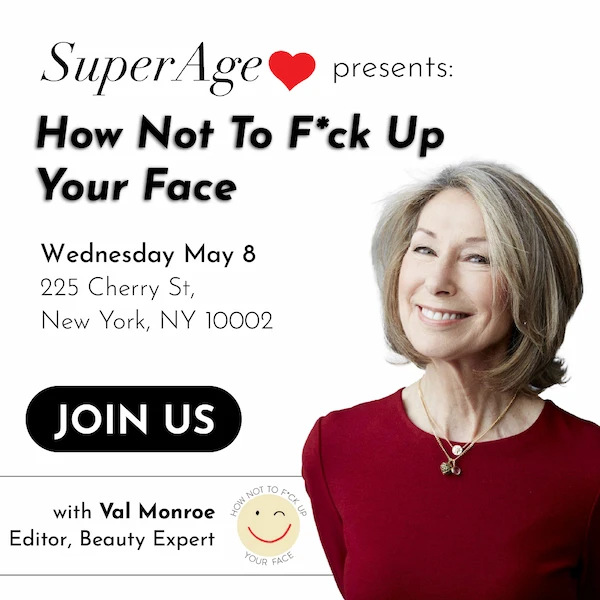Experienced Professionals and Resumes
Are you in your mid-career? What does that even mean? Is it 10+ years of experience or 20+ years of experience? For some job seekers, “mid-career” can be a nice way to phrase, “I have a lot of experience and now no one will hire me” or “I’m getting aged-out.”
How do you tell your story on your resume without overselling?
We all know millennials are the biggest surge of workers today. According to a Pew Research analysis, millennials make up 1 in 3 of the American labor workforce which is greater than both Gen X and baby boomers. We now have the energy of youth running our businesses because it is economical, lean and they have few outside commitments. How do people with more experience participate in this flurry of excitement?
Truths to Consider
I’m going to rip off the band-aid and tell you a few truths to consider:
>> Your experience is intimidating and expensive.
>> It can be difficult to work for someone younger.
>> You aren’t up with the trends and can’t match the culture of the organization.
Tips to Help Your Resume Stand Out
Don’t panic, there are some things you can do to face the age bias on your resume. Here are a few tips to help your resume stand out along the way:
- Update your email address and include your phone number on your resume. It’s best to look updated in your email address to show your technical savvy. Hence, don’t use an AOL or Hotmail account, and put your name in the email address, not a cute nickname or your kids’ names.
- If you don’t already have a LinkedIn profile, create one and customize the URL to include your name.
- Recent experience — focus on this first. Highlight what you’ve been doing and accomplishing lately, not from 10 years ago. This shows your relevance.
- The resume should be two pages. Most recruiters and hiring managers spend 10 seconds reading the resume. Appropriate white space allows for space to focus on the most relevant work as it pertains to the job you’re applying for. Do not be a jack-of-all-trades.
- No need for the Objective statement. It’s redundant and fluff. Use the Summary of Experience section, only 3-4 sentences, as your shortened cover letter of sorts. Relate it to the role.
- Remove all dates on certifications, degrees and nothing on the resume before 15 years. It’s better to give more details on your more recent roles than list everything you’ve done.
- Validate your skills by using real, measurable statistics, not simply that you’re an accomplished leader. How are you an accomplished leader? What past problems have you solved that relate to the potential employer? Showcase your accomplishments, NOT the day-to-day tasks. There’s a real difference.
- Use keywords that ATS (Applicant Tracking Systems) will pick up on. Hence, using words on your resume that match the job description will make it stand out on top of the list when a recruiter reviews applicants.
A well-written resume is a living document, meaning it should always change according to the role you are applying for. Don’t be discouraged if you don’t hear back from the company even if you feel like you are that “perfect fit.” It is still about networking, who you know and building relationships. You’ve got this!
Shelley Karpaty is a yogi living in the Bay Area where she brings her spirit into writing, recruiting and career coaching. Medium: medium.com/@skarpaty and Instagram @shelleykarpaty



